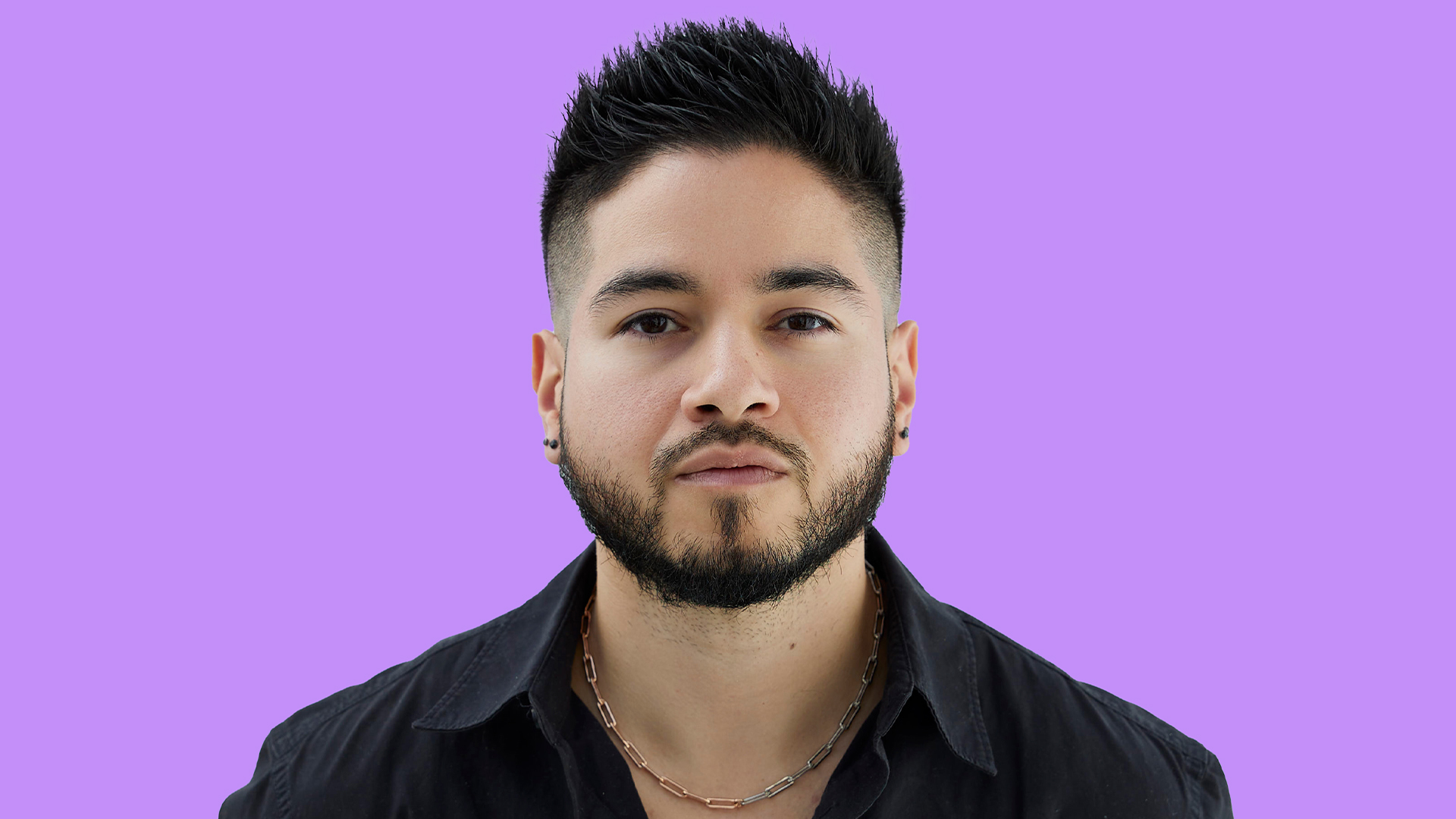There is still optimism surrounding the future of creators amid the looming TikTok ban.
This sentiment is felt by Eddie Rizzo, who serves as the VP of marketing at WORTHI, a full-service cultural connections agency on a mission to grow brands and build IP all while amplifying people of color. In 2024, Rizzo managed nearly $1 million in creator partnerships primarily on TikTok for BIPOC creators and clients such as Paramount+, Max, Google, GoFundMe, Amazon, and more.
“My mission as the VP of Marketing at WORTHI is to grow and develop the best of the best team of predominantly BIPOC and LGBTQ+ strategists and creatives to deliver impactful work for our clients that’s intrinsically culture-forward from the inside out because we live and breathe culture,” he told AFROTECH™ in an interview. “This aligns with our company’s overall vision of unlocking the business value and cultural impact of historically underestimated communities.”
Looking to the current landscape, Rizzo acknowledges the challenges that will be ahead for BIPOC creators who have developed a name for themselves on TikTok. As AFROTECH™ previously reported, the app, owned by ByteDance, could be wiped completely from the phones of users in the United States. This is due to a mandate that requires ByteDance to sell the application to a U.S.-based company by Jan. 19, and failure to comply would lead to a ban. The Supreme Court also stated on Friday, Jan. 17, that it will uphold the ban decision.
Rizzo highlights the potential fallout for creators, particularly those from BIPOC communities.
“It’s unfortunate because so many BIPOC creators made a name for themselves, grew devoted communities, and built their businesses on TikTok,” Rizzo expressed. “Some creators have large presences on TikTok, but not on platforms like Instagram and YouTube, so without TikTok their value and bargaining power for brand partnerships goes from way down to non-existent.”
TikTok has firmly stated that it will not sell the platform. If no resolution is reached, then the ban is set to take effect on Jan. 19. This would be a significant blow to creators who rely on the platform for both secondary and primary sources of income. TikToker Keith Lee, who currently has more than 16 million followers, became a first-time homeowner in 2024 and now resides in Dallas, TX. Lee rose to prominence by sharing content reviewing food from several small businesses. His exposure has helped some restaurant owners experience an influx of customers, halt closure plans, quit their 9-to-5 jobs, and expand their businesses.
“This is the mission that I believe wholeheartedly God put me on, and nothing or nobody is going to stop me from doing that,” Lee said in a TikTok video.
Rizzo sees a silver lining for content creation amid uncertainties. Creators successfully pivoted following Vine’s closure in 2017, and Rizzo believes the same will happen again. Already users are flocking to other platforms such as RedNote, Lemon8, and Fanbase.
“We’re advising our clients that the social media landscape in 2025 will look more different than ever, and to be ready to experiment on new platforms, or established ones in ways that may have previously been deprioritized,” Rizzo mentioned. “YouTube is expanding time limit on Shorts, IG Reels may likely expand on this too, so we’ll see how vertical video evolves and thrives on existing platforms. But the door is also open for new platforms, formats, and communities across the broader social landscape — whether that’s household names like Snap, Reddit, Tumblr, emerging platforms like Lemon8 and Neptune, or the recent mass flock over to RedNote, which hit No. 1 on the app store this week.”
He also suggests that creators should consider embracing the power of ownership. It is important for them to lead with content ideas that do not rely solely on tech companies. While he recommends gateways such as email lists, personal websites, and newsletters, this could also include leveraging platforms like French-American startup Crowdaa, a no-code platform that allows users to create their own applications. With a subscription, they can convert followers to customers through features such as live video streaming, custom playlists, interactive polls and comments, chat groups, merchandise, and more.
“For all the Black, Brown, AAPI, and Queer creators that made their living and built their businesses on TikTok, this moment is a powerful reminder on two things: diversification and ownership,” Rizzo advised. “Creators on social media should try their best to diversify and grow their presences across the social landscape, to not ‘put all their eggs in one basket,’ and have platforms to fall back on if one were to go away.
He added, “Creators should also think about establishing and growing owned properties — captured email lists, personal websites and newsletters, etc. — that have more durability and staying power regardless of big tech company moves.”


